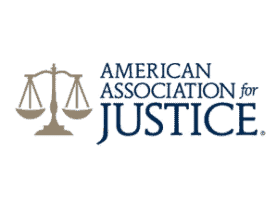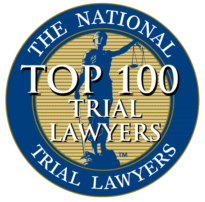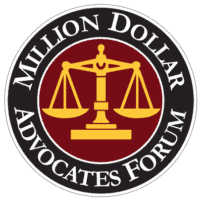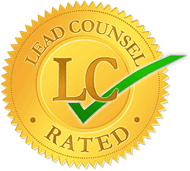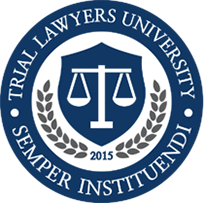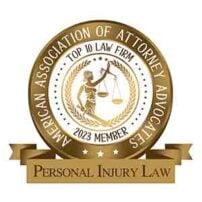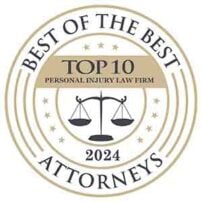Premises liability cases can be complex, especially when they involve individuals who were not legally permitted to be on the property in question. But what happens if a trespasser is injured on someone’s property? Can they hold the property owner responsible for their injuries? Read this blog and reach out to a seasoned Bronx slip and fall lawyer from the Law Office of Richard M. Kenny to learn more.
What Is Premises Liability, and How Does It Apply to Trespassers?
Premises liability law generally holds property owners responsible for injuries that occur on their property due to unsafe conditions. The key point is that the property owner must have been negligent in maintaining or warning about the dangerous condition. When it comes to lawful visitors or invited guests, property owners owe a duty of care. This means they must take reasonable steps to ensure the premises are safe.
However, the situation changes significantly when it comes to trespassers. A trespasser is someone who enters the property without permission. Typically, property owners owe little to no duty of care to trespassers. In most situations, if someone is on the property unlawfully, the owner is not expected to keep the area safe for them. Nonetheless, there are exceptions to this rule that could allow a trespasser to file a premises liability claim.
Are There Any Circumstances When a Trespasser Can File a Premises Liability Claim?
The answer is nuanced. Although the duty of care owed to trespassers is minimal, it is not entirely nonexistent. In some scenarios, trespassers may have a right to recover damages. Here are a few examples where a claim could be viable:
- Willful or Wanton Misconduct: If a property owner intentionally sets a trap or engages in behavior designed to harm a trespasser, they can be held liable. In such cases, the law does not protect owners who act maliciously or recklessly. A simple example is if an owner knowingly leaves a dangerous, hidden hazard in a place they know is regularly trespassed upon. Under these circumstances, a claim may be possible.
- Attractive Nuisance Doctrine: This legal principle protects children who trespass. If a property has a feature that is likely to attract children, such as a swimming pool or construction equipment, the owner must take reasonable measures to prevent harm. If a child is injured due to an attractive nuisance, the property owner could be held liable, even if the child was technically trespassing.
- Knowledge of Regular Trespassing: In some cases, if the property owner knows that people frequently trespass on their land, they may have a duty to warn about or repair dangerous conditions. For instance, if a property is in a high-traffic area where trespassing occurs often, the owner could be obligated to address known hazards to prevent injuries.
CONTACT OUR EXPERIENCED NEW YORK CITY FIRM
Our entire legal team is dedicated to providing the advice you need and the personalized attention you deserve. If you have been injured due to another party’s negligence, call (212) 421-0300 or fill out our contact form to schedule a free consultation with a New York City personal injury lawyer. You may be entitled to financial compensation, which can help you on your road to recovery.




